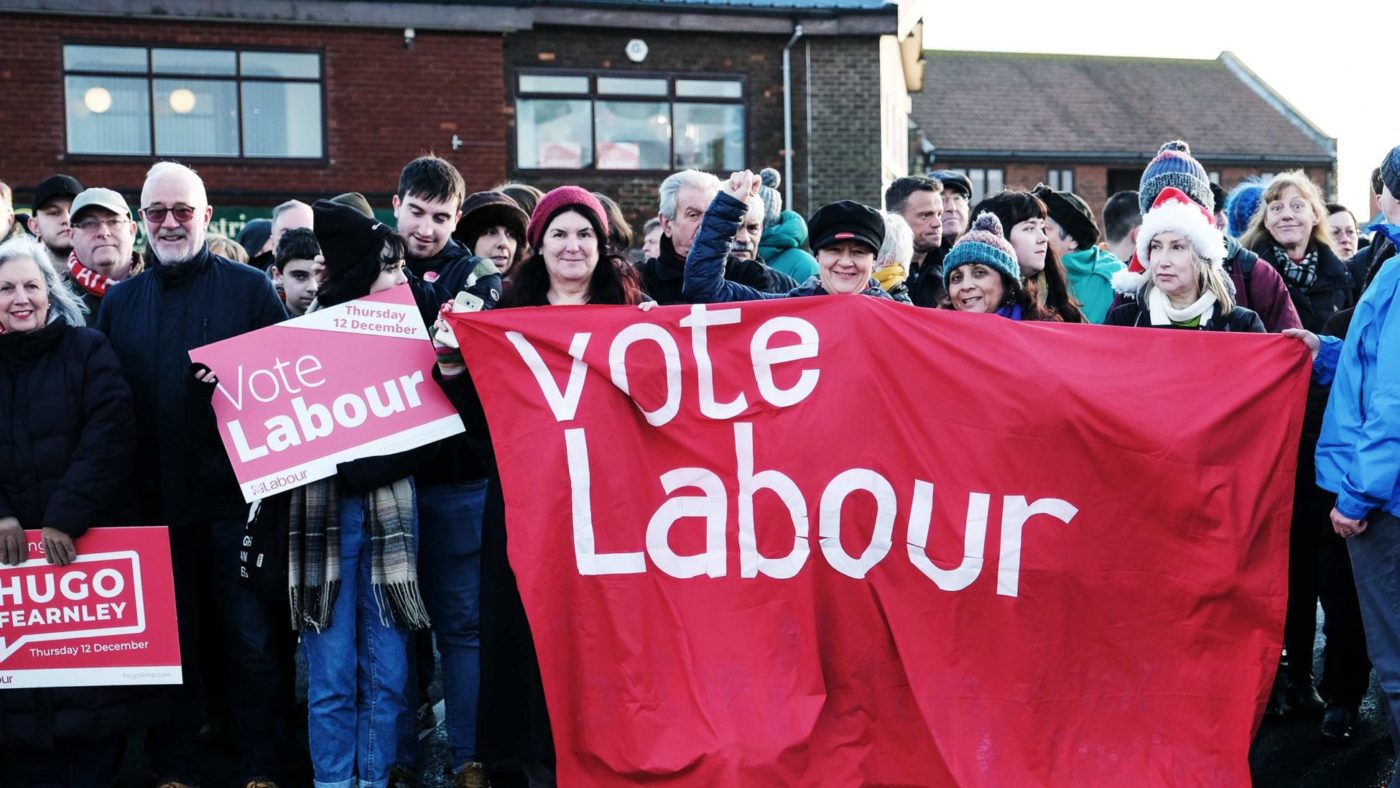After the Conservatives suffered their third consecutive election defeat in 2005, Lord Ashcroft wrote a report entitled “Smell the Coffee: A wake-up call for the Conservative Party”, which illustrated how the Tories were then seen as out-of-touch, lagging behind New Labour on economic competence, and associated more with the past than with opportunity.
Fifteen years on, Ashcroft has published a similar report on Labour (“Diagnosis Of Defeat: Labour’s turn to smell the coffee”), based on polling of 10,107 GB adults, 1,073 Labour members, and 18 focus groups in seats Labour lost in 2019. It contained few surprises, but it’s very welcome that Ashcroft collected and published further evidence to back up what many of us have been saying for years.
The report was damning, painting a picture of a party that was not listening and which had lost all touch with its traditional voters, and their values, priorities and aspirations. To quote from its introduction:
“As far as many of these former supporters were concerned, then, the Labour Party they rejected could not be trusted with the public finances, looked down on people who disagreed with it, was too left-wing, failed to understand or even listen to the people it was supposed to represent, was incompetent, appallingly divided, had no coherent priorities, did not understand aspiration or where prosperity comes from, disapproved of their values and treated them like fools.”
Asked what caused Labour’s defeat, those defecting from Labour and Labour members did agree on the significance of Brexit, but were otherwise very far apart. For example, on a scale of zero (not a reason at all) to 10 (an extremely important reason), Labour members ranked media bias against Jeremy Corbyn 8.4, whereas defectors ranked it 5.0. On Labour no longer representing its traditional voters, members said 3.9, defectors said 6.9.
Among the reasons given by defectors for why they personally didn’t vote Labour, every single group of defectors, including even those moving to the Greens and those staying home altogether, had the same top choice: They did not want Corbyn to be Prime Minister. Among those switching to the Conservatives, it was a reason for 75%.
And although many said during the campaign that “my granddad would be turning in his grave” at the thought of them voting Conservative, the majority (52%) of those who switched to the Tories said they found it easier than usual to decide how to vote.
The focus group quotes were as brutal as you’d expect for a party that had lost 59 seats to a not-too-popular PM after almost a decade in opposition. Notably, the free broadband promise was cited as an example of odd priorities in focus groups and some of the giveaways were likened to bribery.
But nothing summed up the gulf between party and country than the question of which Labour leader of the last 40 years had been the best. Among the public at large, Tony Blair came first, as he did among 2019 Labour and Tory voters. Blair was also top among Labour defectors as a whole, among those switching to the Tories and among those switching to the Lib Dems. But in the opinion of Labour members, the best Labour leader of recent times was – you guessed it – Jeremy Corbyn.
Labour’s association with wokeness and all things politically correct came under fire from voters too. As I’ve written previously, the implication of this is not voters saying that Labour needs to embrace bigotry. No-one is advocating compromising on the principle of being anti-prejudice. But it can accept nuance and differing views on the specifics.
And on the perennial battle between purity and electability, a majority (53% to 38%) of Labour members prioritise winning an election, but the factional split was huge – those who voted for Jeremy Corbyn when he was challenged by Owen Smith in 2016 prioritised principles and policies 50 to 39, while those who backed Smith favoured electability 90 to 8.
The common theme throughout the report, reinforced by some of the reaction to it, was just how far removed opinion within a large part of Labour is from the general electorate. Political parties are by definition not representative, but the degree matters, as does awareness and understanding of the gap, which is why I think filter bubbles – both technological and otherwise – are increasingly becoming a liability for the left.
One symptom of this bubble was the expectation that 2019 would be a repeat of 2017, rather than 1987. Little about 2019 was out of line with what the fundamentals or the usual rules of politics. In fact it’s 2017, when Labour enjoyed an unprecedented surge during the campaign, which is the election that’s hard to explain.
This research is potentially hugely valuable to Labour (and would not have been cheap). After Ashcroft’s 2005 report, David Cameron was able to take the Conservatives back into power. But Cameron listened to this sort of thing. The next Labour leader really needs to do so too.
Click here to subscribe to our daily briefing – the best pieces from CapX and across the web.
CapX depends on the generosity of its readers. If you value what we do, please consider making a donation.


